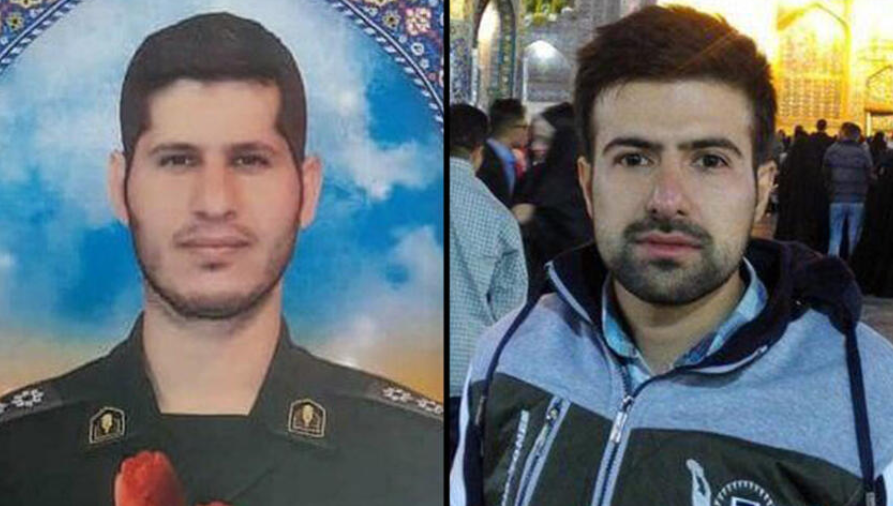The petroleum sector under President Hassan Rohani
Published on Thursday 25 May 2017 Back to articles
In the country’s presidential and local elections on 19 May, Iranians surprised analysts and more casual observers alike with a 73% voter turnout. And with 57.1% of voters favouring the incumbent, President Hassan Rohani easily won a second four-year term.
Observers agree that Rohani will use his renewed mandate to push for progress in attracting foreign investment and technology in the oil and gas sector.
The government’s efforts have been hampered by ambiguities in the legal framework for future oil and gas projects. The terms of the Iran Petroleum Contract (IPC) have not yet been confirmed, which has frustrated Iranian and foreign investors, and decision makers alike.
It is expected that Rohani will appoint a politically stronger minister of petroleum to be able to navigate the complexities of the political structure, while the current petroleum minister, Bijan Namdar Zanganeh, may be appointed to an influential governmental position such as First Vice-President.
A change of minister would not introduce dramatic changes to the policies and personnel of either the ministry or the National Iranian Oil Company (NIOC), but it may change the dynamics of the oil sector in order to secure political backing for planned projects and investments.
Rohani has strongly argued that Iran needs foreign investment and technology in order to create jobs and increase efficiency in key sectors, including the petroleum industry.
Recently, NIOC deputy managing director Gholamreza Manouchehri stated that the country will sign a total of US$80 billion in oil and gas projects over the next two years. He reiterated that these investments would help increase recovery rates and boost production in the country’s oil and gas fields. ‘Based on plans and proposals received from international companies, Iran has the potential to increase oil production by 3.0 million b/d’ he declared, but he did not specify when the increase would occur.
Norway’s DNO and EnergyOne, Russia’s Lukoil, Denmark’s Maersk Oil, Austria’s OMV, and Germany’s Wintershall are all either engaged in exclusive negotiations or tenders or are awaiting the award of projects.
This is an excerpt from an article in this month’s Iran Strategic Focus publication.



